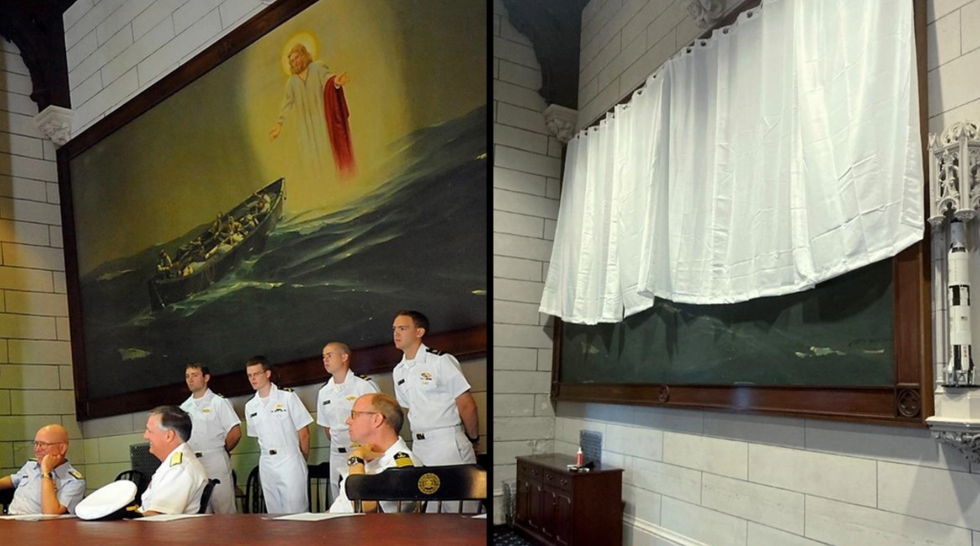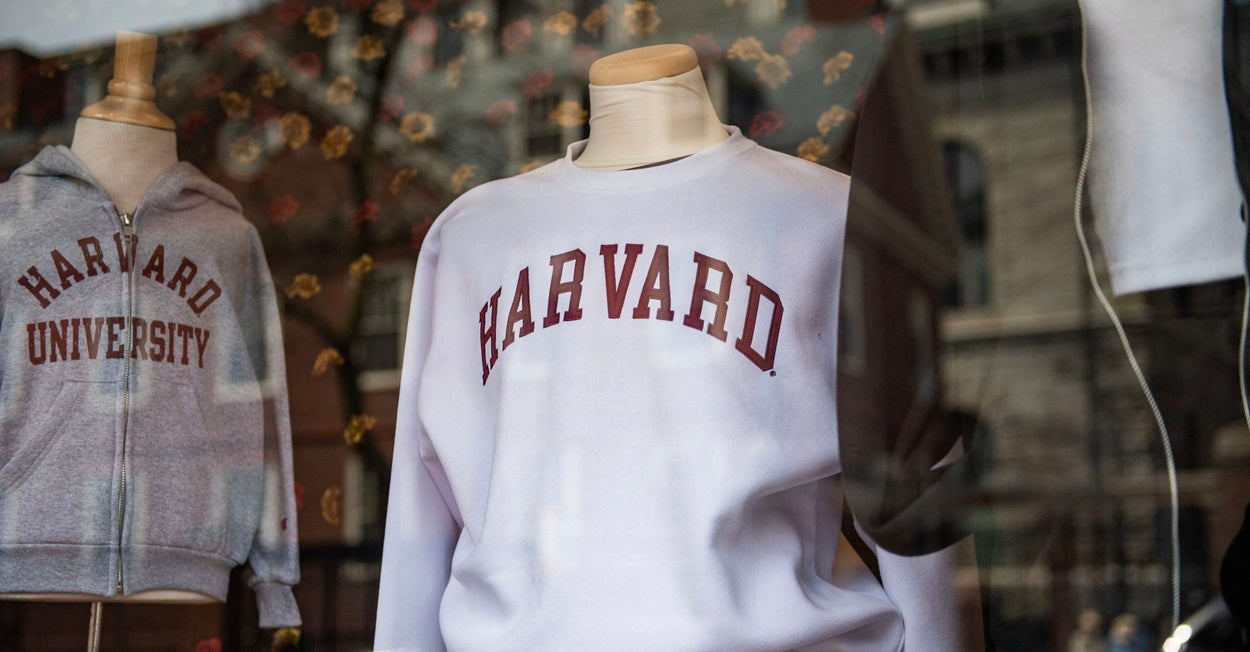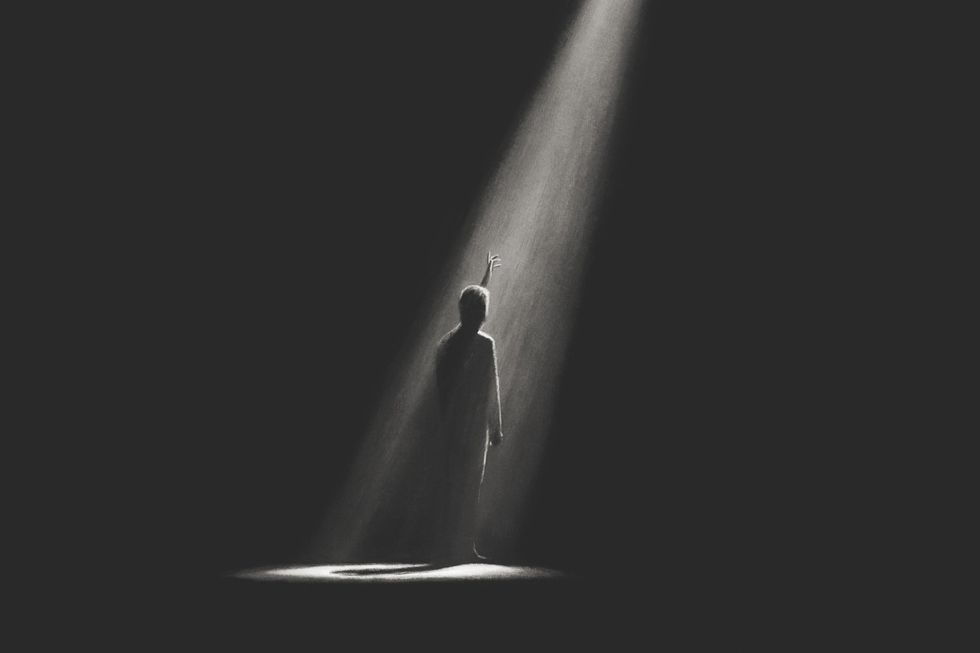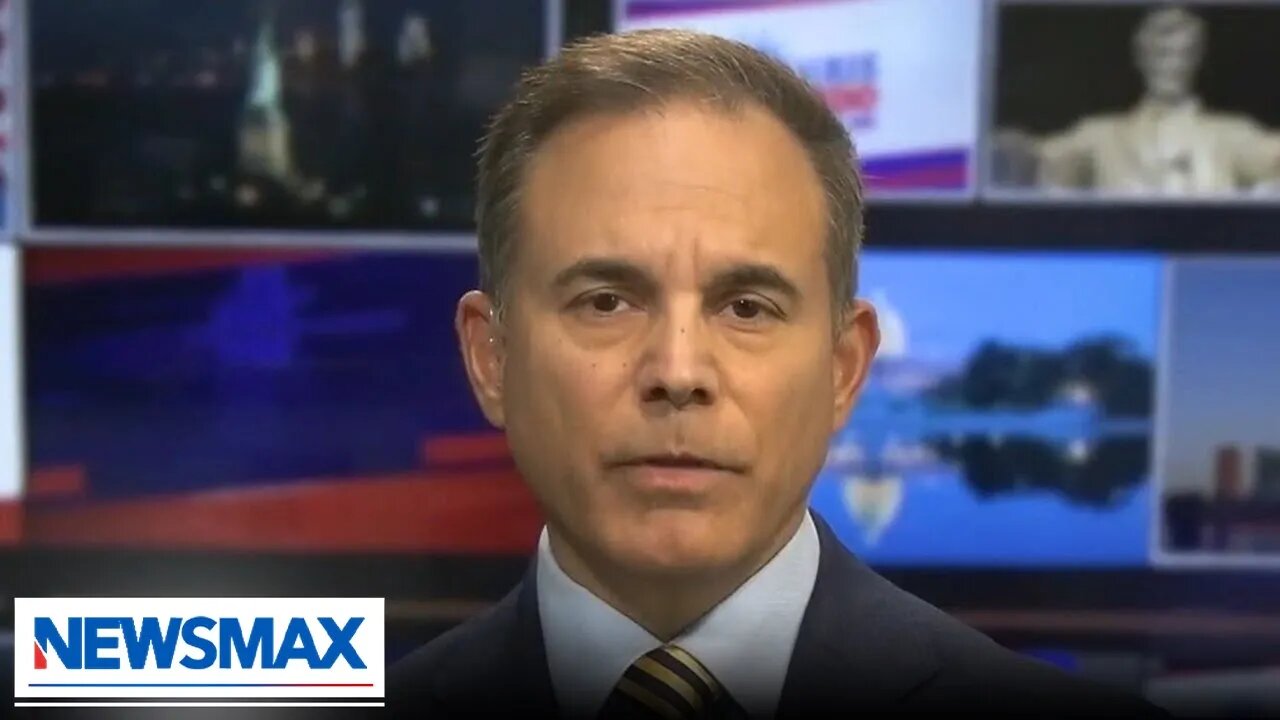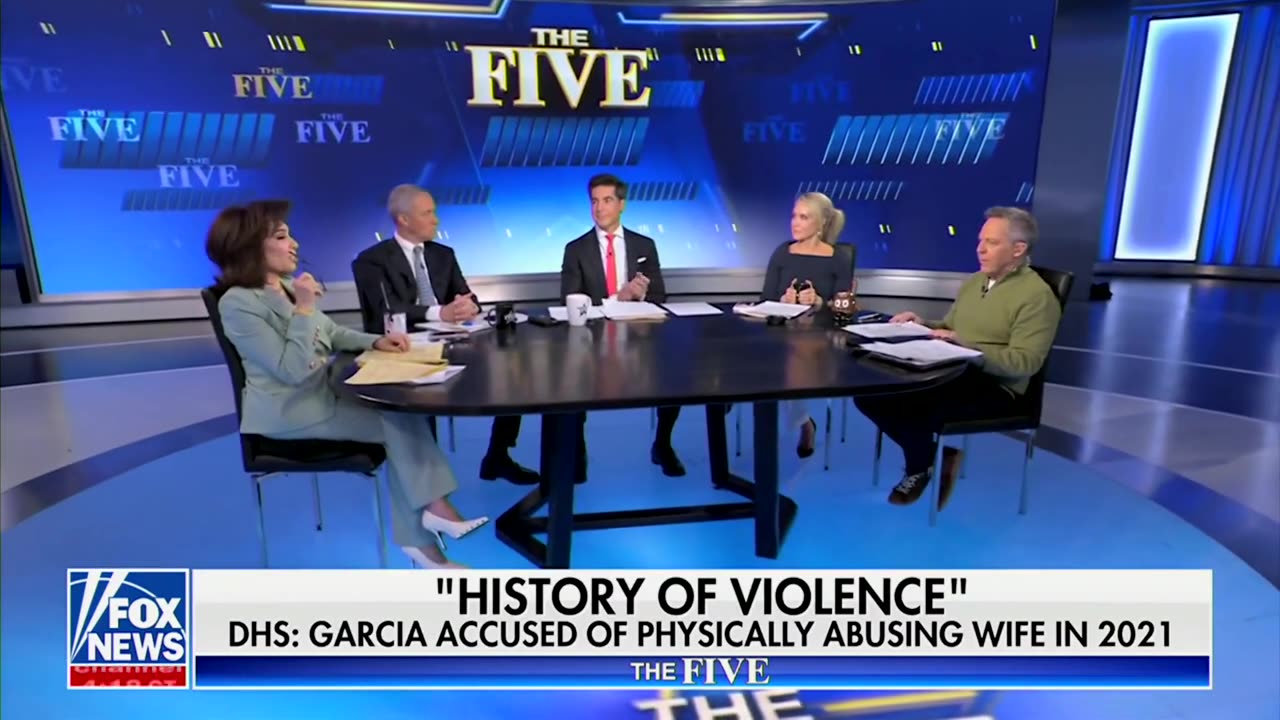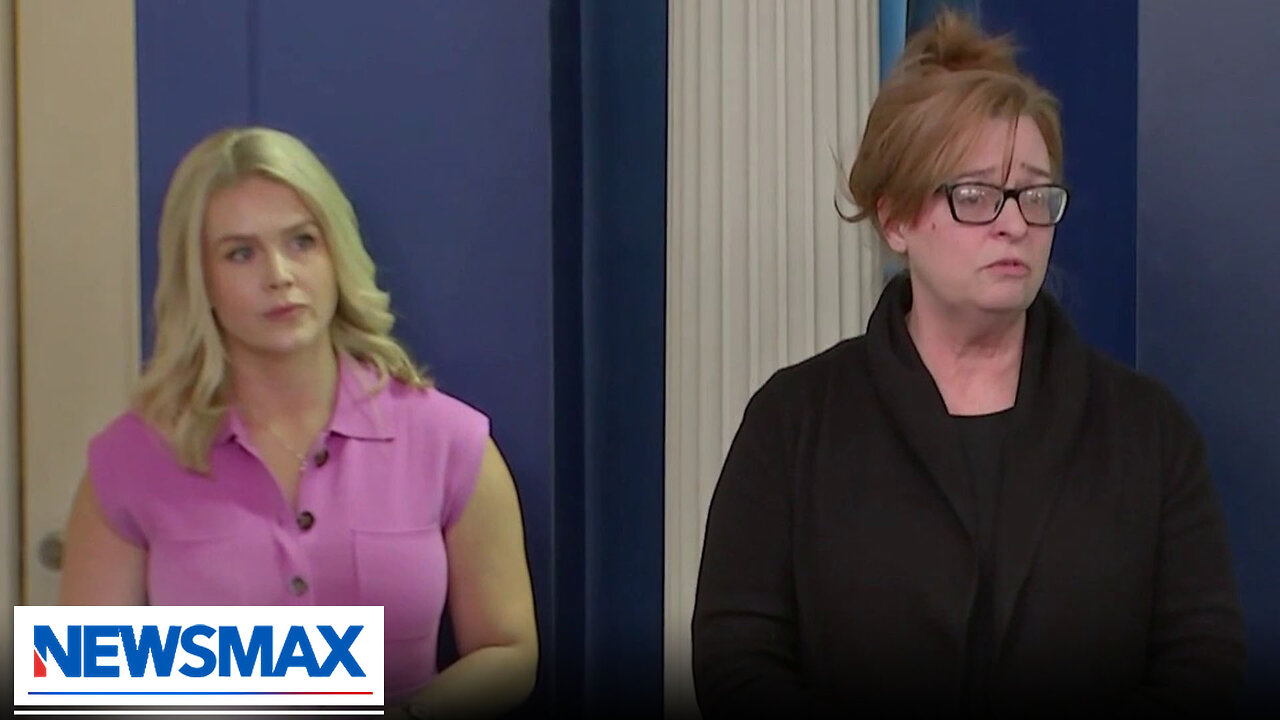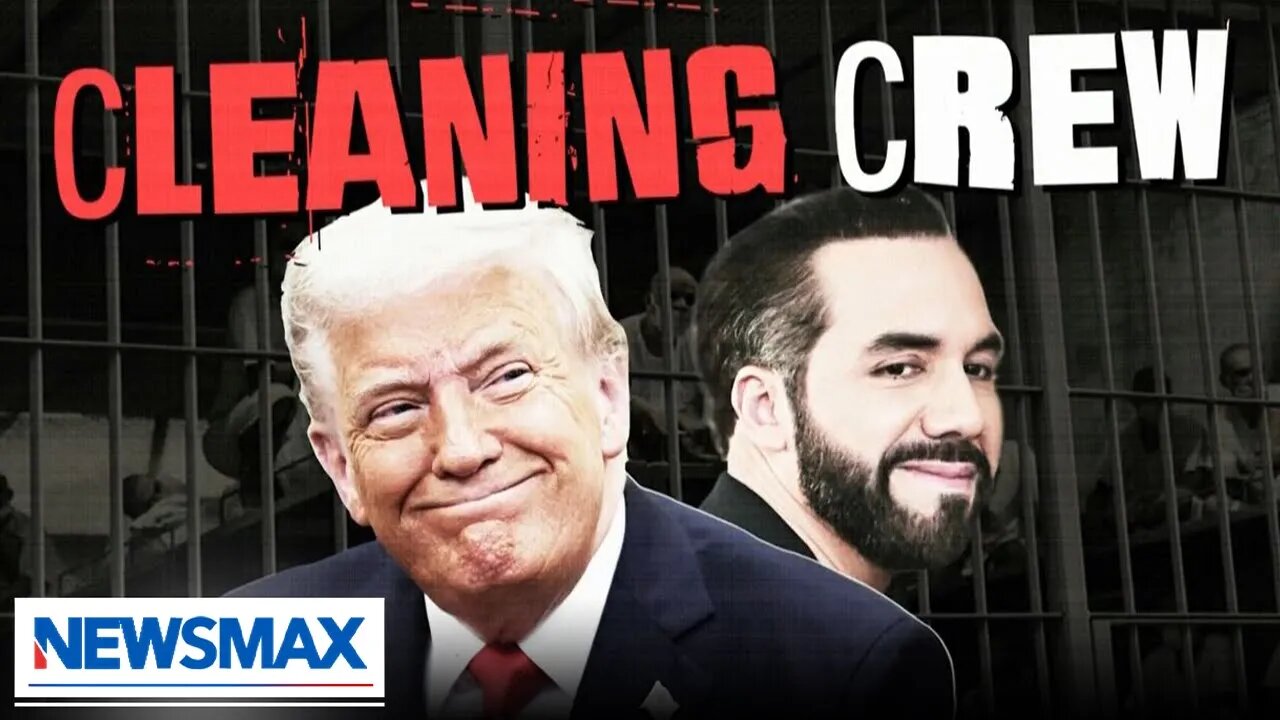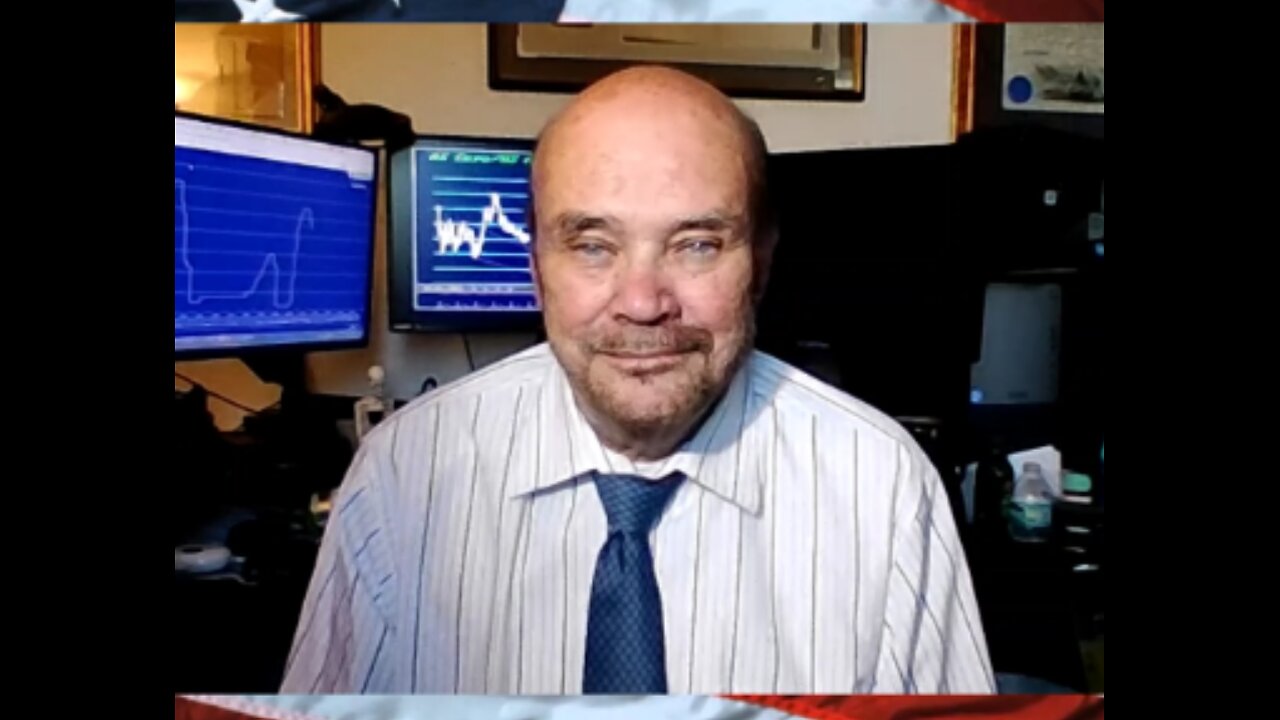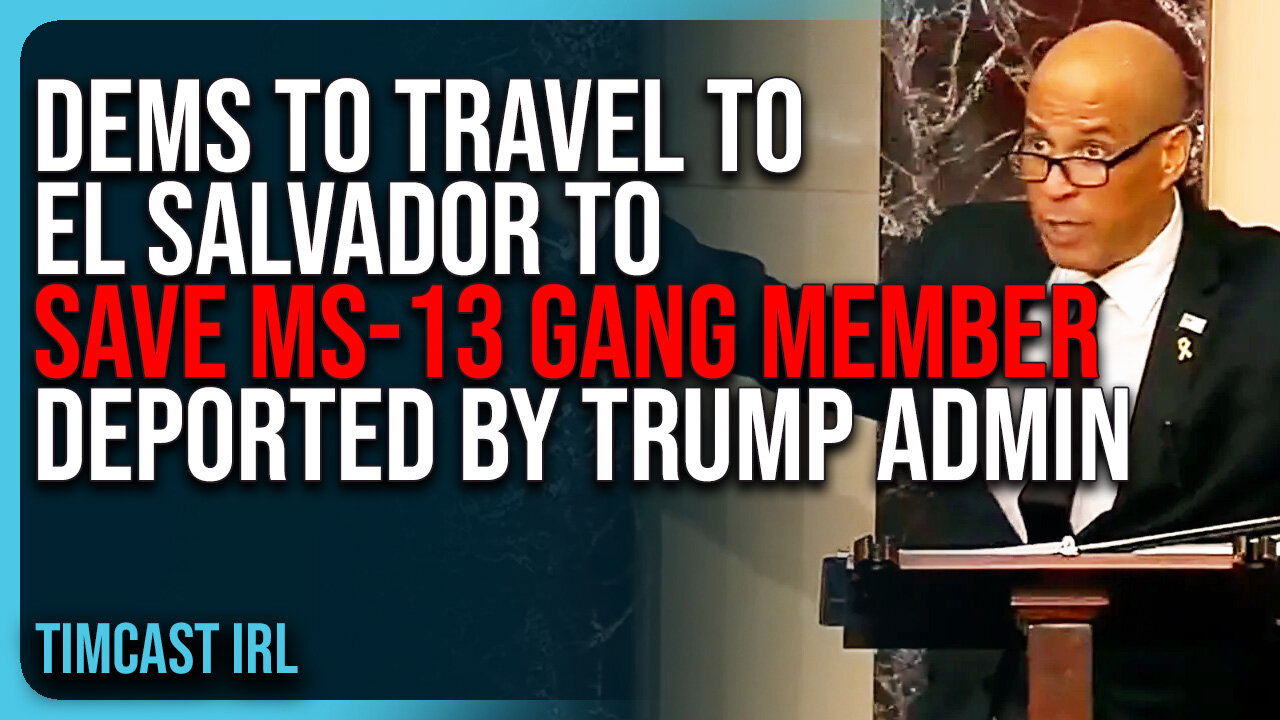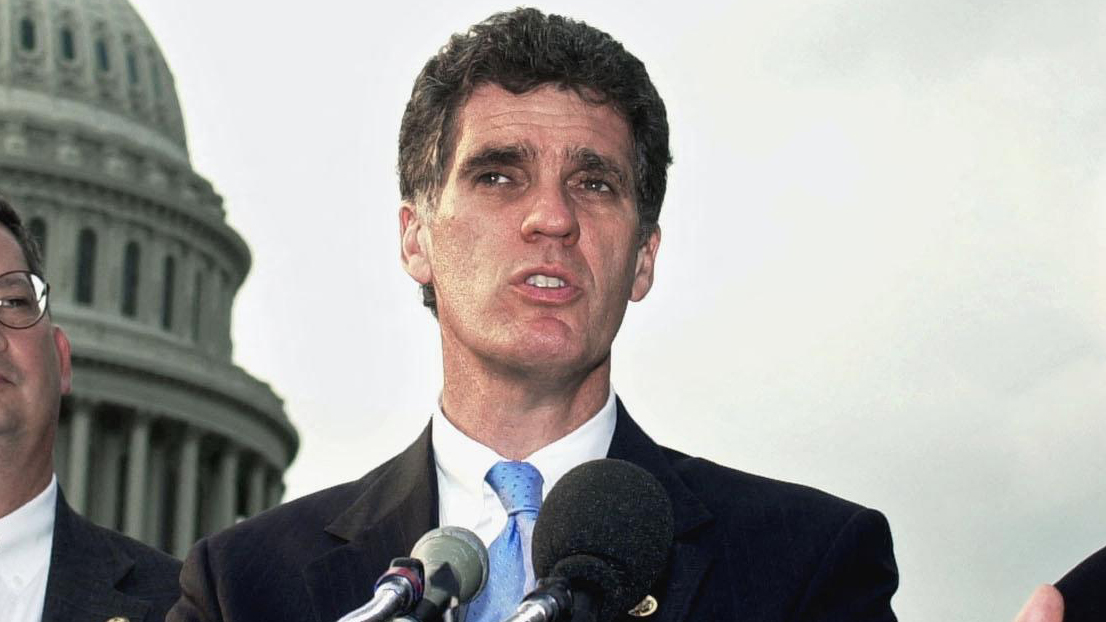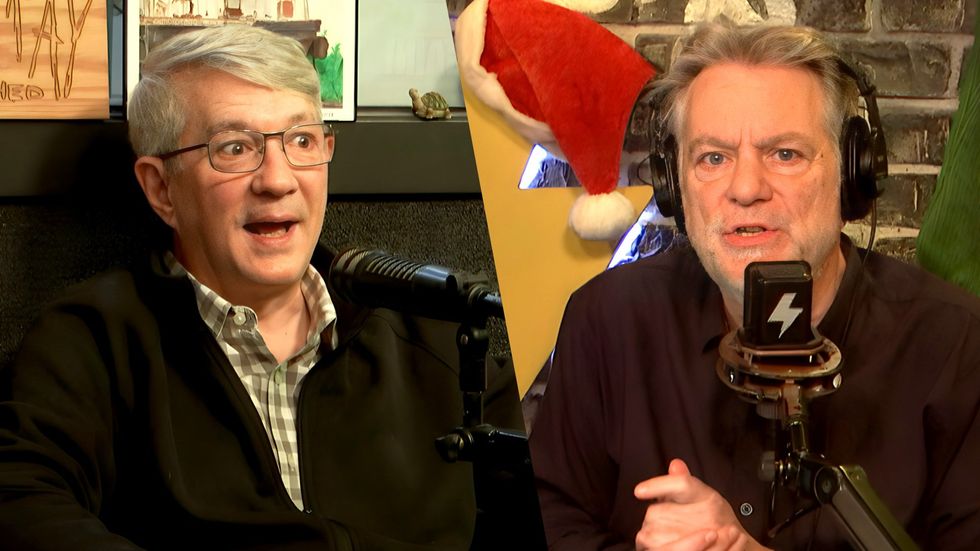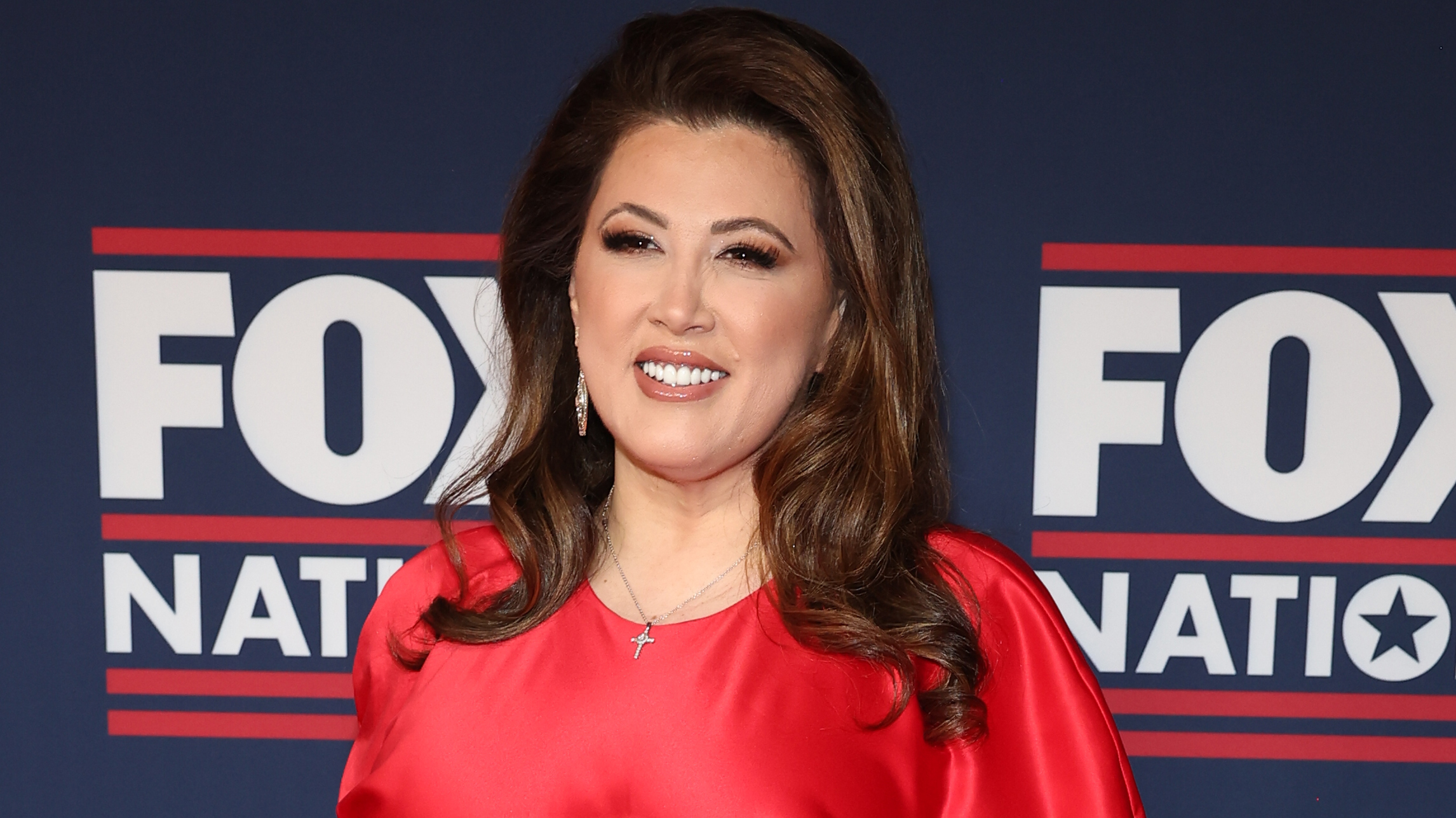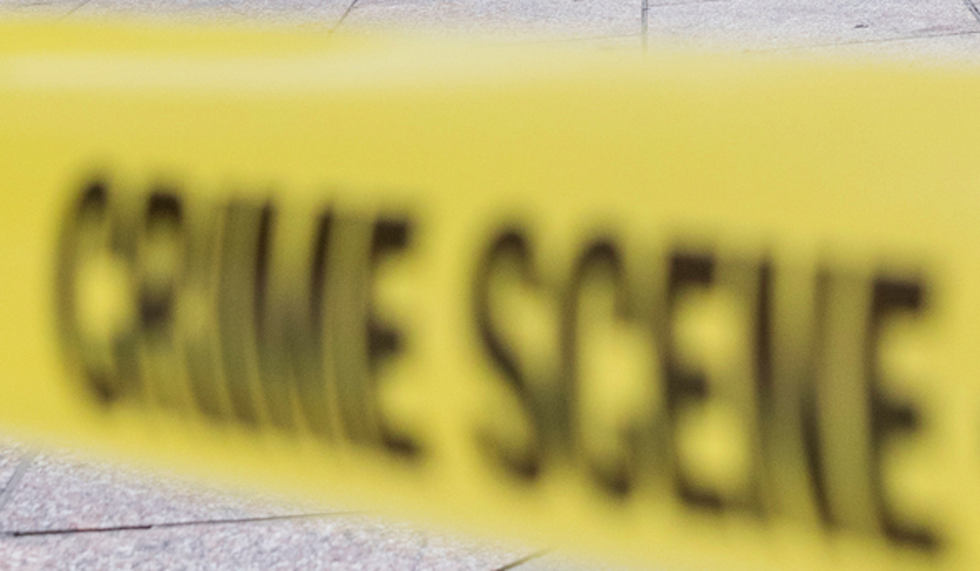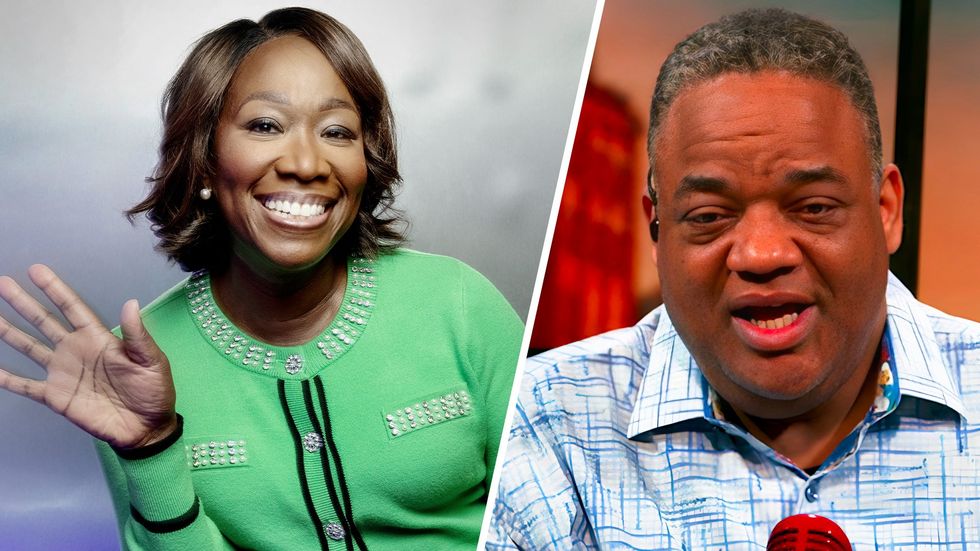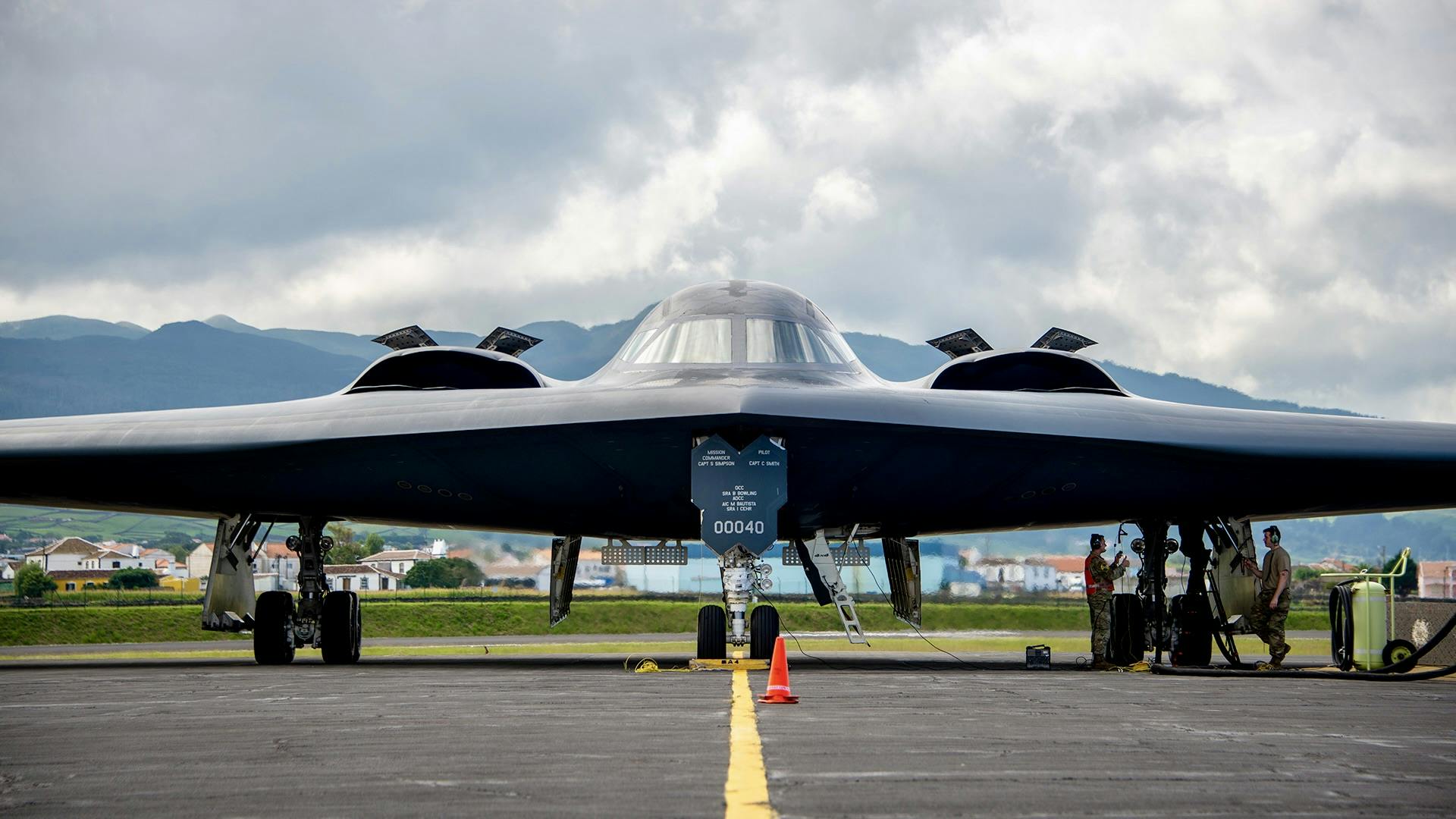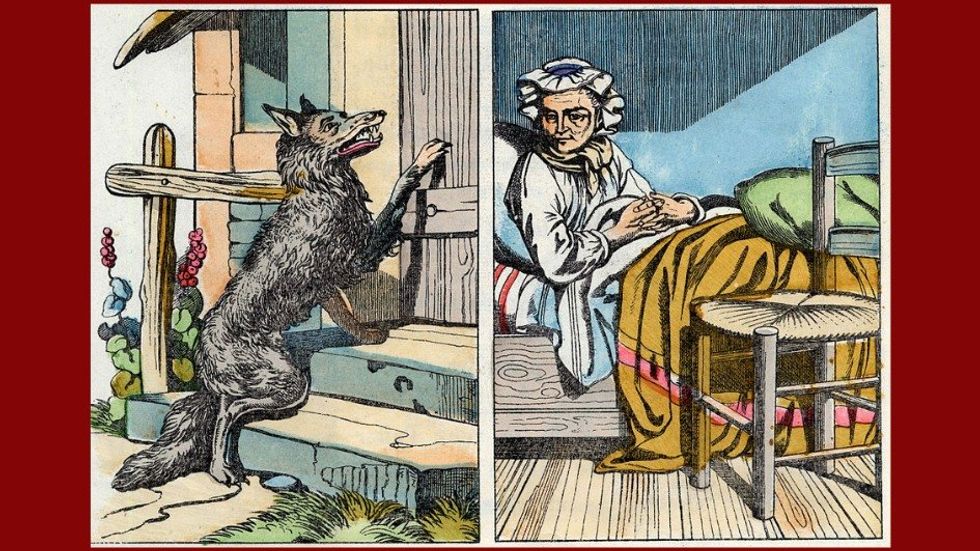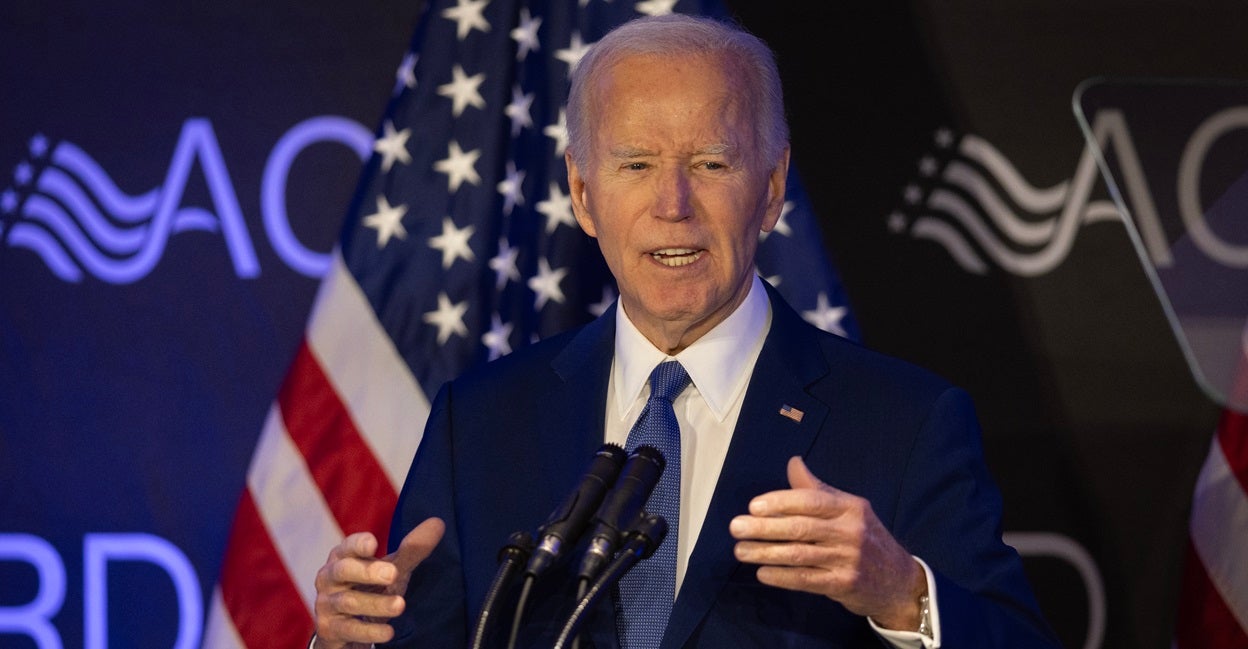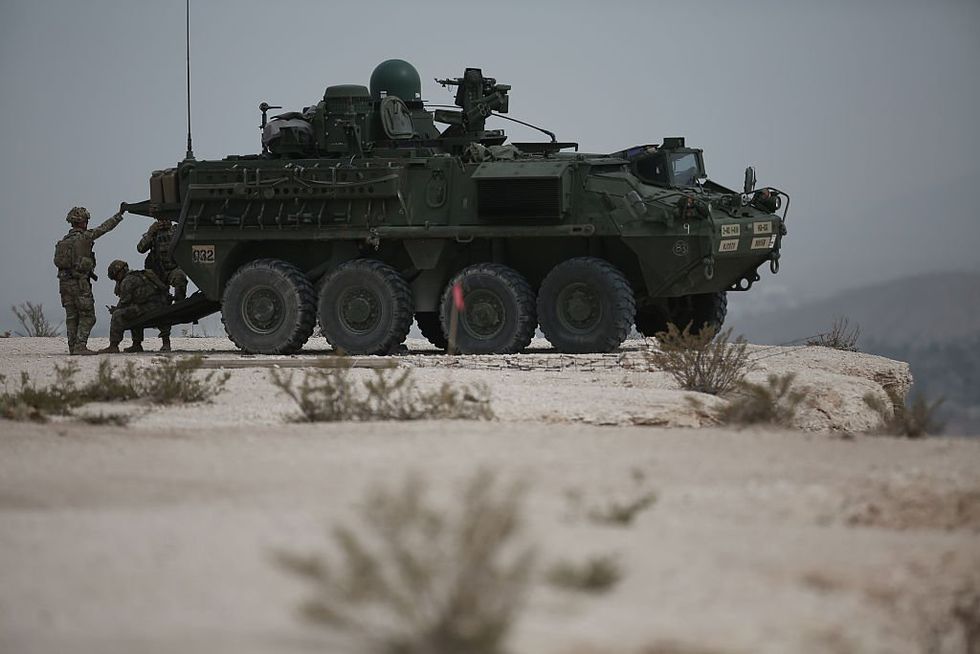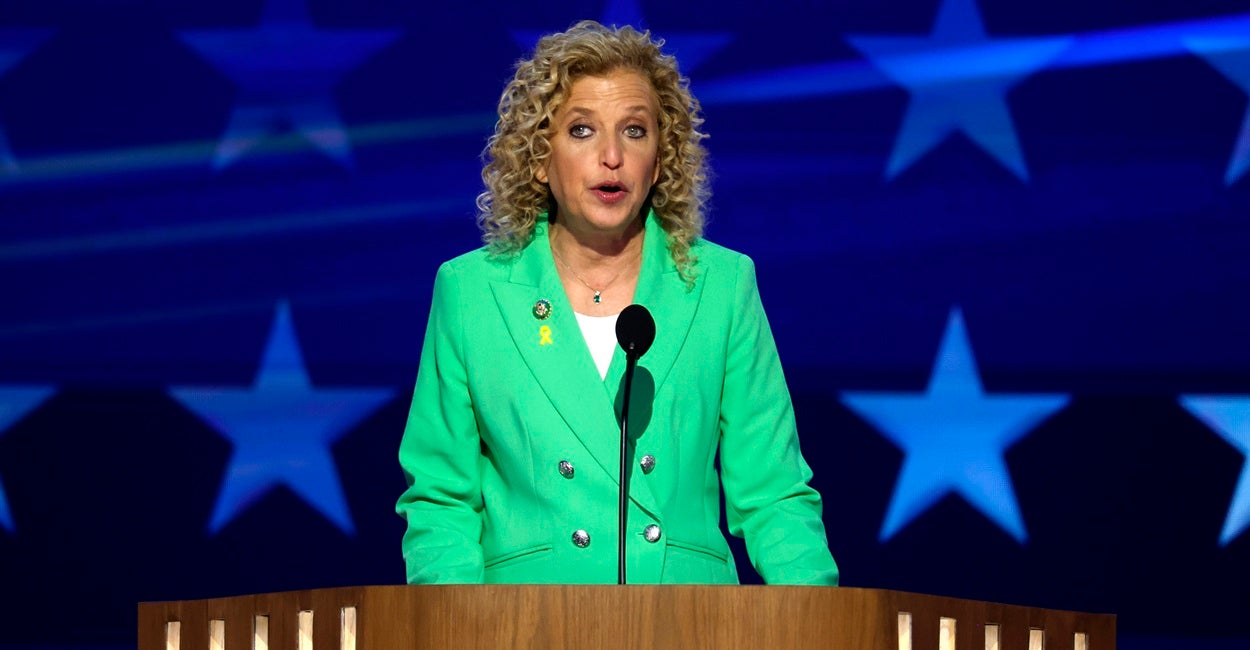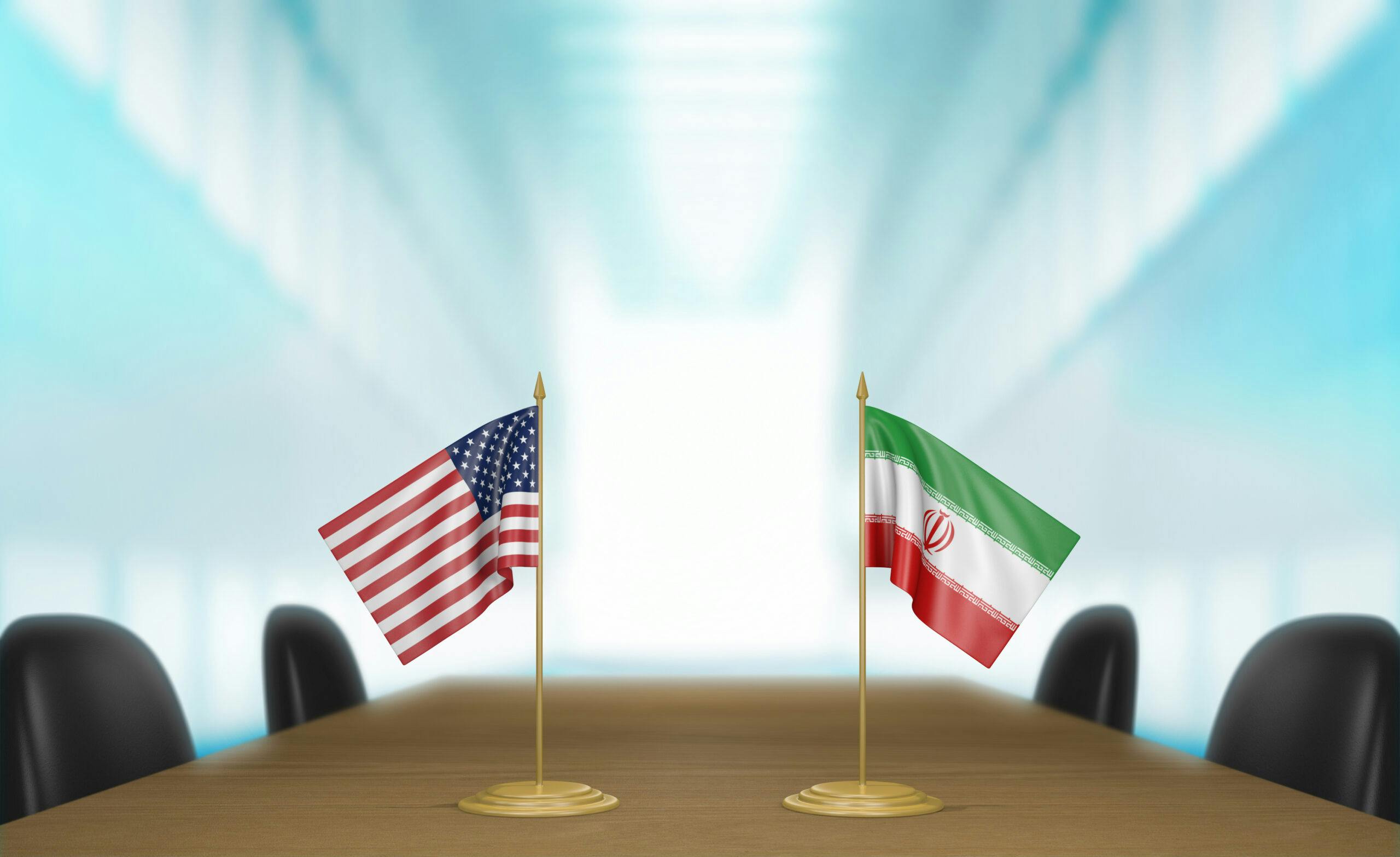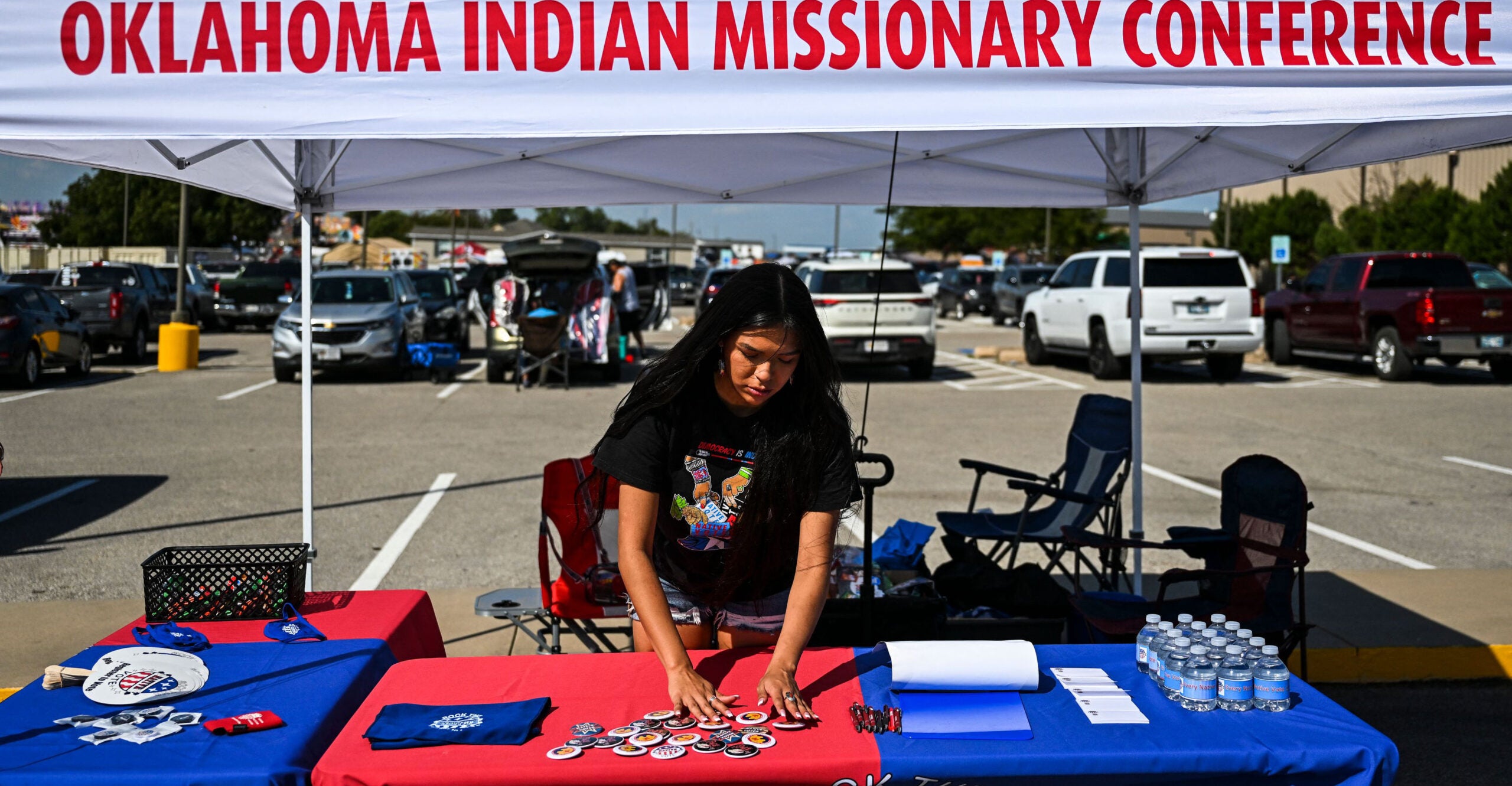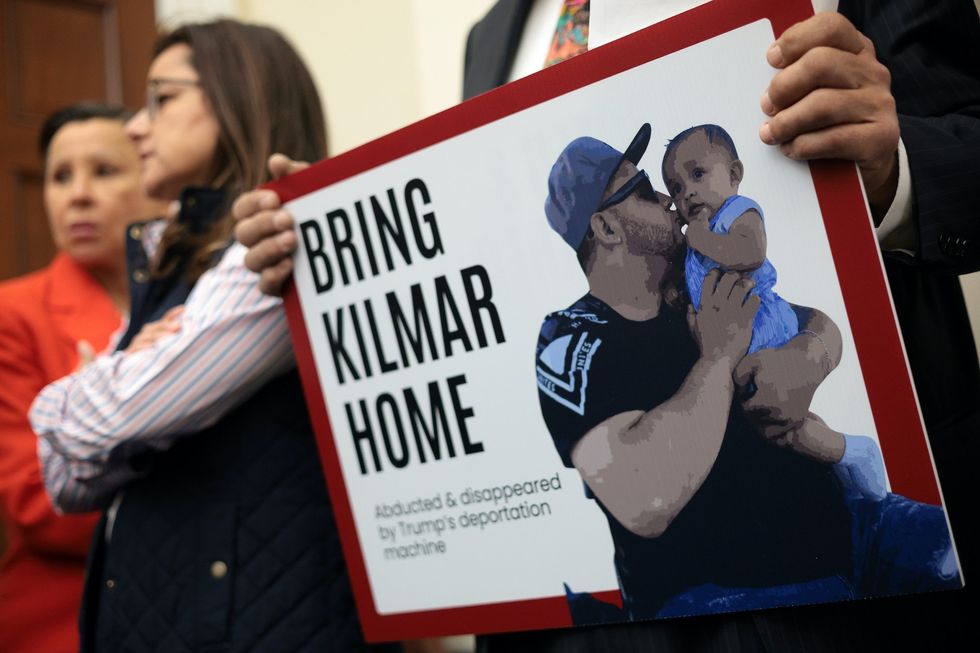INSPIRING: Pearl Harbor’s unexpected hero!


I love hero stories, especially unexpected ones.
I recently read one you have to share with your family and friends, as it will inspire the potential hero inside all of them, especially during this week we commemorate the 83rd anniversary of the attack on Pearl Harbor.
As most know, on a quiet Sunday morning, Dec. 7, 1941, Japan launched a surprise attack on U.S. military bases on the Hawaiian island of Oahu.
Two waves of 353 fighter planes hit military installments. The first was at Pacific Naval Air Base, destroying or crippling 36 seaplanes and taking the lives or maiming 84 Americans.
Seven minutes later, the Japanese hit Pearl Harbor, where 96 U.S. warships were anchored. All eight battleships of the U.S. Pacific Fleet were sunk or badly damaged, including the U.S.S. Arizona.
Amazingly, all of America’s aircraft carriers were untouched. But 188 U.S. aircraft were destroyed.
Gravest of all nightmares, 2,300 Americans were killed; 1,102 were aboard the USS Arizona alone.
Seven of the wasted U.S. battleships – excluding the USS Arizona – were eventually raised, six of them deployed in World War II.
Most inspirational, however, were myriad heroic stories that also surfaced from the devastating day that “will live in infamy.”
Here’s one about an unexpected hero who can still inspire the extraordinary in all of us.
Doris “Dorie” Miller grew up in Waco, Texas, tending to his father’s farm and playing football.

Dorie was a grandson of slaves and an African-American in a time and place when the South still struggled with polarization and racial prejudice.
But Dorie was determined to improve his life, serve his country, see the world and earn some money to help out back home, according to National Geographic.
So, at 19 years of age, in 1939, he enlisted in the U.S. Navy.
But there’s something we need to keep in mind about blacks in the Navy at that time.
Clark Simmons, who was a mess attendant on the USS Utah during the attack on Pearl Harbor, explained, “You have to understand that when Franklin Delano Roosevelt was president in 1932, he opened up the Navy again to blacks, but in one area only; they were called mess attendants, stewards, and cooks. The Navy was structured so that if you were black, this was what they had you do – you only could be a servant.”
What we regard now as racial restrictions Miller saw merely as opportunities to serve his country.
So, he joined the Navy as a mess attendant, third class, but he didn’t stay there.
He was quickly promoted to second class, then first class, and eventually to ship’s cook, third class. He even became the heavyweight champ boxer onboard his battleship!
Miller served on the ammunition ship Pyro, and then was assigned to the battleship West Virginia in 1940.
On Dec. 7, 1941, that battleship was in port at Pearl Harbor, Hawaii, and Miller was aboard.
Even cooks had assigned combat duties in case of emergencies, so when the Japanese hit Pearl Harbor, Miller rushed to his battle station – an antiaircraft battery-magazine.
But after finding his battle station was damaged, he rushed to the above decks to help the wounded.
Simmons described the scene: “The captain and the executive officer, the ‘XO,’ were on the bridge and they both were injured. So Dorie Miller went up and physically picked up the captain and brought him down to the first aid station. And then he went back and manned a .50-caliber machine gun, which he had not been trained on.”
Historynet.com explained it this way, “By then the ship had sustained heavy damage from six Japanese torpedoes (a seventh failed to explode) and two bombs, and had taken on a drastic list, silencing the port side guns. Most of its starboard guns were still operational, however, so Lieutenant Junior Grade Frederic H. White ordered Miller to start feeding ammo, packaged in 27-foot-long belts, to one of a pair of .50-caliber Browning machine guns that stood idly nearby, while White fired the gun at incoming Japanese planes. The deck was awash with oil and water, and fires raged. But Miller, finding the second gun unattended, and without orders and with absolutely no training in its operation, took control and opened fire.”
After the battle, Miller himself explained his immediate response: “It wasn’t hard. I just pulled the trigger and she worked fine. I had watched the others with these guns. I guess I fired her for about 15 minutes. I think I got one of those Jap planes. They were diving pretty close to us.”
Miller is officially credited with downing two Japanese planes. He also helped rescue fellow wounded sailors after running out of ammunition.
Historynet.com again reported what happened next: “Doris Miller was one of the last three men to leave the West Virginia. He and his shipmates swam 300 or 400 yards to shore, avoiding patches of flaming oil from USS Arizona and strafing from Japanese planes. When he splashed ashore, Miller later told his brother, ‘with those bullets spattering all around me, it was by the grace of God that I never got a scratch.’ Even then, Miller helped scores of injured sailors to safety ashore.”

In May 1942, Miller became the first black man to receive the Navy Cross for bravery in the line of fire, which Fleet Admiral (then Admiral) Chester W. Nimitz, the Commander in Chief, Pacific Fleet personally presented to Miller on board the aircraft carrier USS Enterprise.
In addition to the Navy Cross, Miller would also be honored with the Purple Heart Medal (posthumously); the American Defense Service Medal, Fleet Clasp; the Asiatic-Pacific Campaign Medal; and the World War II Victory Medal.
He was also a nominee for the Congressional Medal of Honor, though the prejudice of then-Secretary of the Navy Frank Knox, who opposed black sailors serving the United States in any combat role, recommended against Miller receiving the Medal of Honor.
The Doris Miller Memorial website tells that he visited his Waco home and family for the last time during a Christmas leave in 1942. Afterward, he continued his service in the Pacific aboard a new escort carrier, the USS Liscome Bay.
But on Nov. 24, 1943, during the battle of the Gilbert Islands, his ship was torpedoed, killing 646 of its 918 sailors, including Dorie Miller.
In honor of his life, service and sacrifices, 40 years later, the U.S. Navy commissioned a new frigate – the USS Miller in 1973. It is only the third naval ship to be named after a black Navy man.
The U.S. Navy also honored him by naming a dining hall, a barracks and a destroyer escort after him.
Dorie was also honored by citizens across our country.
Back home in Waco, a park, cemetery, YMCA branch and a more recent statue and landscape area are named after Miller.
In Austin, Texas, an auditorium on Huston-Tillotson College bears his name.
In Houston, Texas, and in Philadelphia, Pennsylvania, elementary schools are dedicated to his memory and name.
In Chicago, the Doris Miller Foundation honors citizens who aid in a greater understanding of the races.
And in Los Angeles, a Veterans of Foreign Wars chapter is named for him.
Most of all, as VA News reported, “Doris Miller’s legacy paved the way for other African-American service members to serve in combat roles. And his likeness was used in Navy recruitment drives, including an iconic World War II enlistment poster featuring the words, ‘Above and beyond the call of duty.'”
In an era of miniscule rights and privileges for African-Americans, Dorie didn’t play the victim, wage in class warfare, or even fight for racial justice.
He simply led the way through service to his country and fellowman. He laced up his bootstraps and fought for a better life for himself, his family and his country.
Miller was another clear proof that some heroes definitely don’t wear capes.

As of April 2024, there are fewer than two dozen Pearl Harbor survivors still living. The last surviving member of the USS Arizona, Lou Conter, died at the age of 102.
During this week of the 83rd anniversary of the Pearl Harbor attack, we again salute all our American veterans, living and deceased, for preserving our republic through their service and sacrifice.
Merry Christmas to you all, and all the rest of our courageous servicemen and servicewomen, serving here and abroad to keep us and others free.
Claudia Terry Pemberton was right: “America without her soldiers would be like God without his angels.”
(To read more about Pearl Harbor’s unexpected hero, go to http://www.dorismillermemorial.org)
What's Your Reaction?
 Like
0
Like
0
 Dislike
0
Dislike
0
 Love
0
Love
0
 Funny
0
Funny
0
 Angry
0
Angry
0
 Sad
0
Sad
0
 Wow
0
Wow
0
